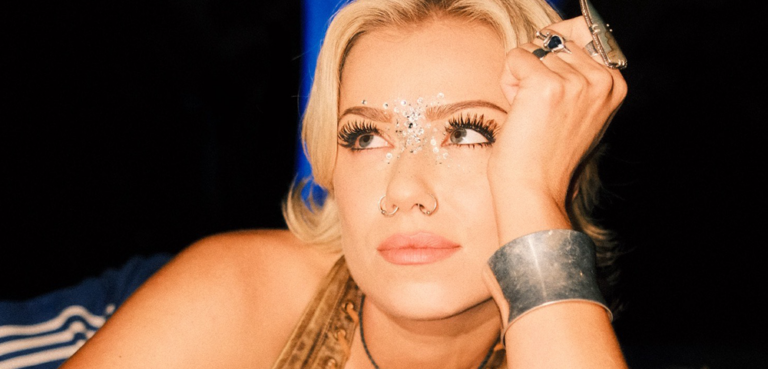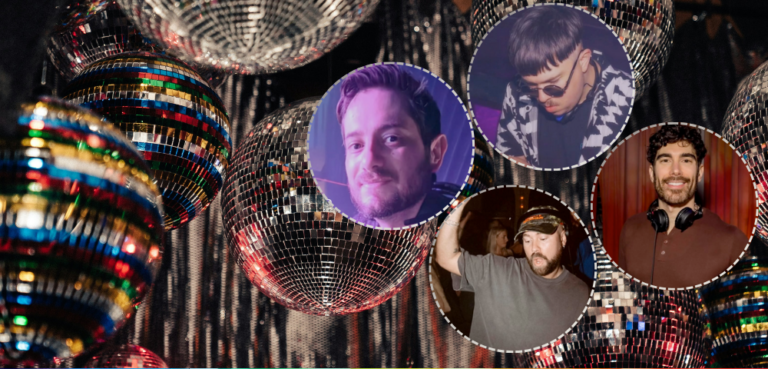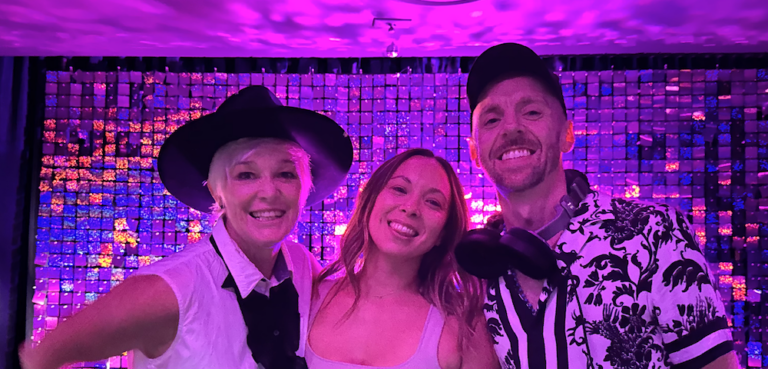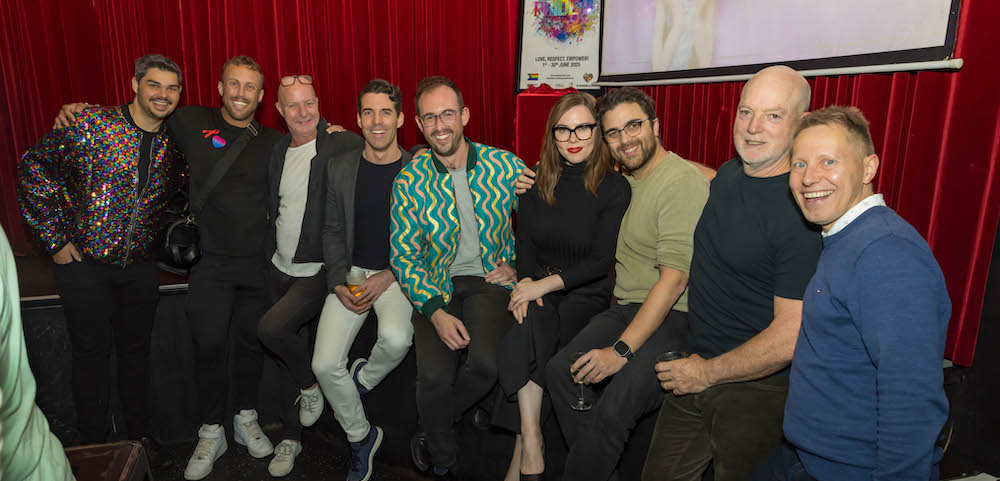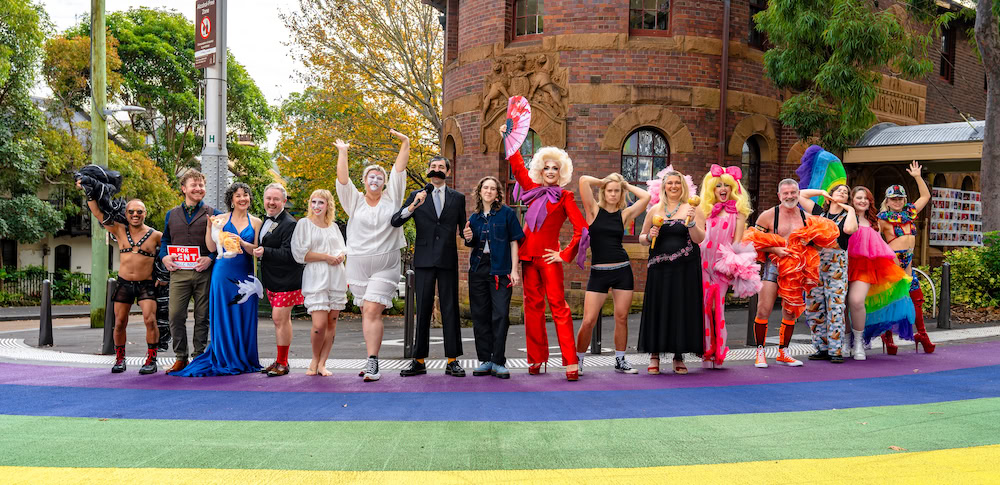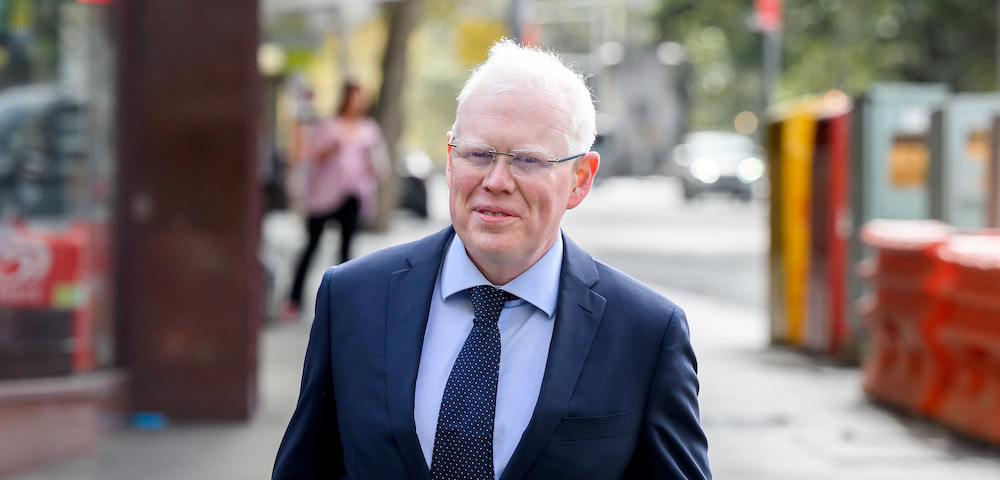
Mysterious censorship
A legendary queer director’s take on the evil effects of pedophilia faces a ban following a campaign by right-wing religious groups.
Attorney-General Phillip Ruddock called for an investigation into Gregg Araki’s Mysterious Skin after he was contacted by his South Australian counterpart, Michael Atkinson. Atkinson told journalists he was acting on a tip-off from lobbyists the Australian Family Association.
Atkinson told ABC News the film could be used as a how-to manual of sexual abuse against boys. A spokesperson from the federal attorney-general’s office told Sydney Star Observer Ruddock was obliged to follow up any complaint from a state office. He was not making a personal judgement on the film, the spokesperson said.
The R-rated film tells the story of Brian and Neil (Brady Corbet and Joseph Gordon-Levitt), 18-year-olds who were both victims of a pedophile -“ their Little League coach -“ when they were eight.
Most reviewers have highlighted the film’s anti-pedophilia message. Calling it one of the best films [he had] seen this year, The New York Times reviewer A.O. Scott said a film that dared to deal with such topics risked being misunderstood. The LA Weekly‘s review called it neither perverse nor exploitative.
In Sydney this week to promote Mysterious Skin, Araki told Sydney Star Observer he was shocked by the controversy.
I’m really surprised that, of all places, Australia is where we are having this problem, he said.
I had always thought of Australia as being really progressive and cosmopolitan and enlightened.
Araki told the Star the film had received a universal response from critics and audiences at hundreds of international film festivals.
Across the board, everybody has been really supportive of the movie, heralding it for its sensitivity and the way it treats this very touchy subject matter in a very compassionate and powerful way.
Anti-censorship campaigners have reacted angrily to the attorney-general’s call. At The Movies host Margaret Pomeranz told Sydney Star Observer she would leave the country if the film were banned.
This whole fuss is just ridiculous, and the madness of it is that it has been caused by people who have not even seen it, Pomeranz said.
They have heard about the film [due to open in Australia on 18 August], read some notes and reacted about it without even bothering to see it. This could endanger the federal film classification system as we know it, because of one person in South Australia.
This is an extraordinary film and it deserves to be seen. What it does is tackle difficult topics, but these are topics that shouldn’t be banned. It has been filmed in a confronting way, but in a careful way and it is told from the victim’s perspective.
Queer Screen was due to host a special screening of Mysterious Skin with a Q and A session with Araki on Wednesday night, after the Star‘s deadline.
Queer Screen’s executive producer Panos Couros said the session would go ahead as planned. Couros said it was wrong to suggest the film promoted pedophilia in any way.
The care and delicate understanding that Araki shows towards the two young male victims is unmistakable, he said.
This is a very important film on these issues, and its social value should not be discounted by anyone.
Araki’s previous films also dealt with controversial topics. His 1992 road movie The Living End told the story of two gay, HIV-positive men on a cross-country killing and crime spree.
The censorship board will receive submissions and review Mysterious Skin in the coming weeks. If the review panel agrees it does not deserve its R rating, it will not be shown in Australian cinemas.
Reporting: John Burfitt, Stacy Farrar, Ian Gould and Jeanti St Clair. A full interview with Gregg Araki will run in next week’s SSO.
